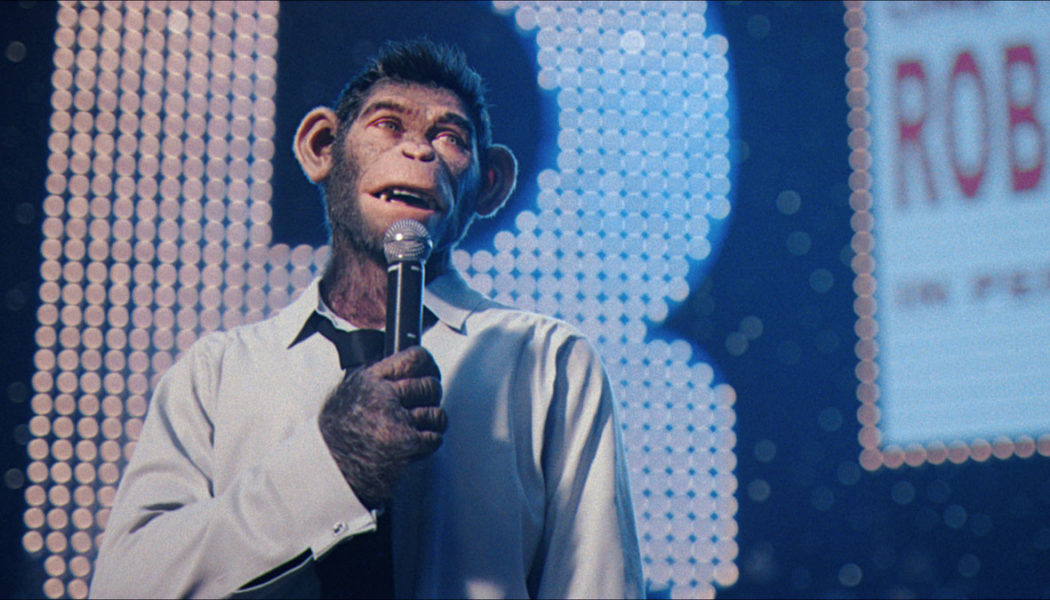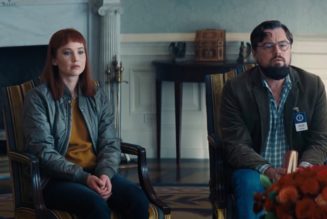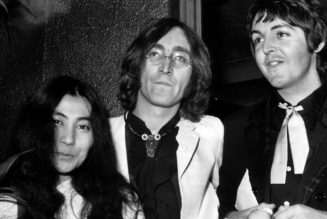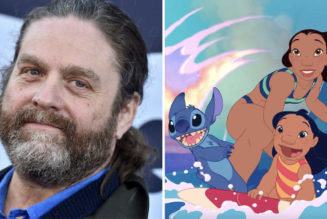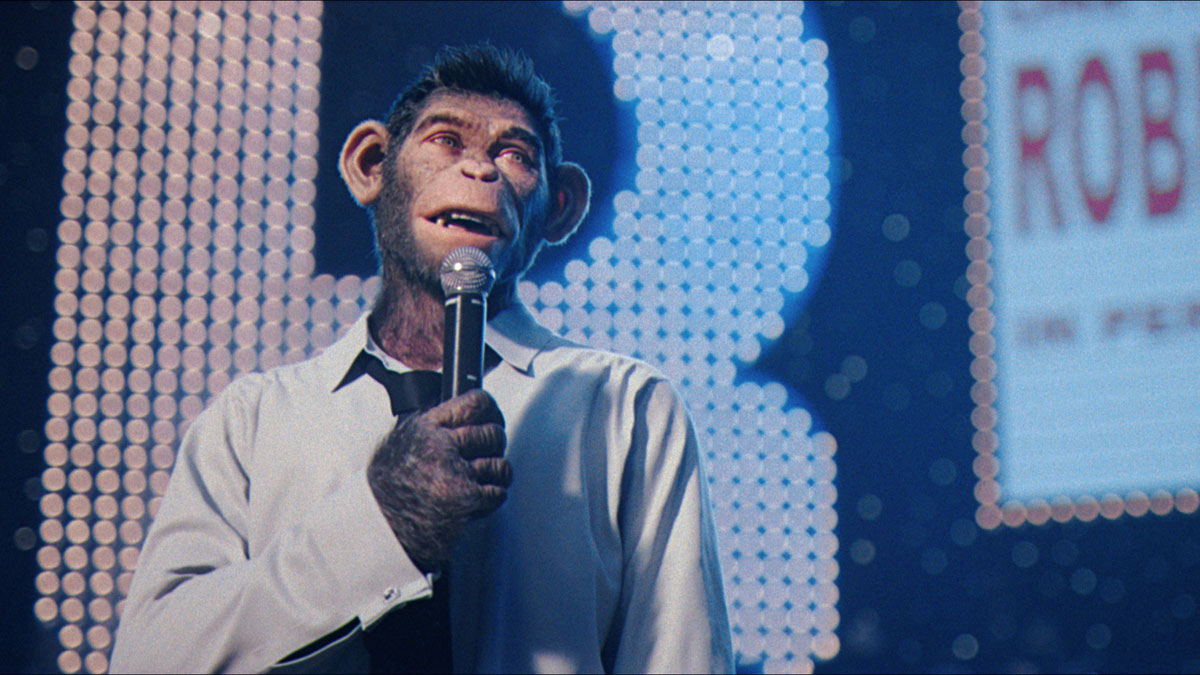
Prior to watching the movie Better Man, my expectations were low: For one thing, CGI simians don’t interest me that much, as a rule. (I have seen very few of the movies where they rule the planet.) Also, like a lot of people outside the British Commonwealth, the full impact of Robbie Williams‘ celebrity hasn’t penetrated my consciousness — the number of Williams songs I could name was one, and that was primarily thanks to the infamous music video for “Rock DJ.”
Most importantly of all: It was a music biopic, two words used to sum up a subgenre of movies that has persisted despite increased criticism. Really, for a lot of people, December 21st, 2007 is the day that the music biopic died — for on that day, a little film called Walk Hard: The Dewey Cox Story was released in theaters. The parody film directed by Jake Kasdan was not a financial success (grossing $20 million worldwide on a $35 million production budget), but its pitch-perfect skewering of the tropes that make up so many of these stories effectively neutered a lot of their power from that point on.
Because really, how many times can we see the same cycle on screen? A person from humble roots uses their gifts to attain fame and fortune, until the perils of fame and fortune (drugs, bad sex decisions, deeply felt personal insecurities) threaten to cost them everything. The tragedies are the ones where the artist lost themselves to the monster, but no matter what, the happy ending is found in the memory of the music they gave us while they were still here. (Even if they’re still alive at the time of the movie’s making.)
Related Video
Why do these movies persevere in being made? There’s no shortage of reasons. We’re fascinated, after all, by the lives of musical artists (sites like Consequence owe their existence in no small part to this fact). There’s always a thrill in seeing an actor we like attempt to channel a star we also like (see, just as the most recent example, Timothée Chalamet take on the role of Bob Dylan). And we love origin stories, and the thrill of seeing a song come to life for the first time.
Still, there’s no denying that the genre has gotten stale, in a way that demands innovation. That’s an issue Better Man is well aware it faces from the jump, and so from the jump it makes bold choices that ultimately turn the feature-length examination of a famous performer’s life into something transcendent.
It really does start with the choice to depict Williams in the form of a CGI monkey, too. In a video featurette posted two months ago, Gracey explained in a sitdown with Williams that “in your own words, you would refer to being dragged up on stage to perform like a monkey. I immediately thought about portraying you not as we see you, but as how you see yourself. It immediately clicked in a way that I was like, with your voice and that monkey, I am going to see you and relate to you in a way that is going to be more engaging than yet another musical biopic.”
The use of the monkey gives this movie so many gifts. Because of his experience with digital characters, Gracey hired Paddington cinematographer Erik Wilson to film the movie, and brought in Weta FX (which knows something about digital monkeys, having worked on King Kong and the Planet of the Apes franchise) to handle the creation of “Robbie.”
The performance ends up being essentially a collaboration between the visual effects artists, Williams as the vocal performer, and Jonno Davies as the guy physically on set every day, playing Robbie Williams before his CGI makeover. (Paramount is in fact campaigning for Davies to get a Lead Actor nomination at the Oscars this year. Funnily enough, Davies actually does look a fair bit like a young Williams in real life — even if he weren’t in monkey form for the final film, it would still be good casting.)
